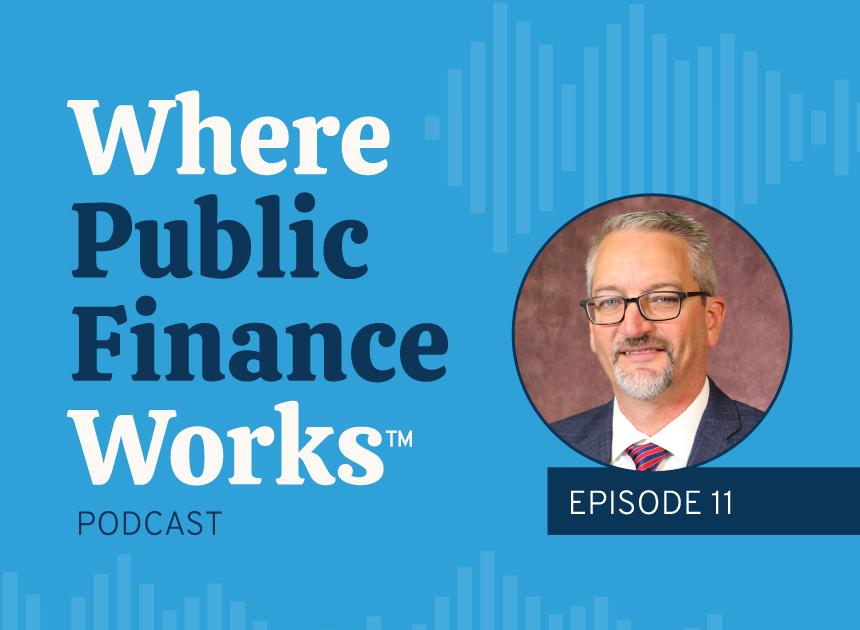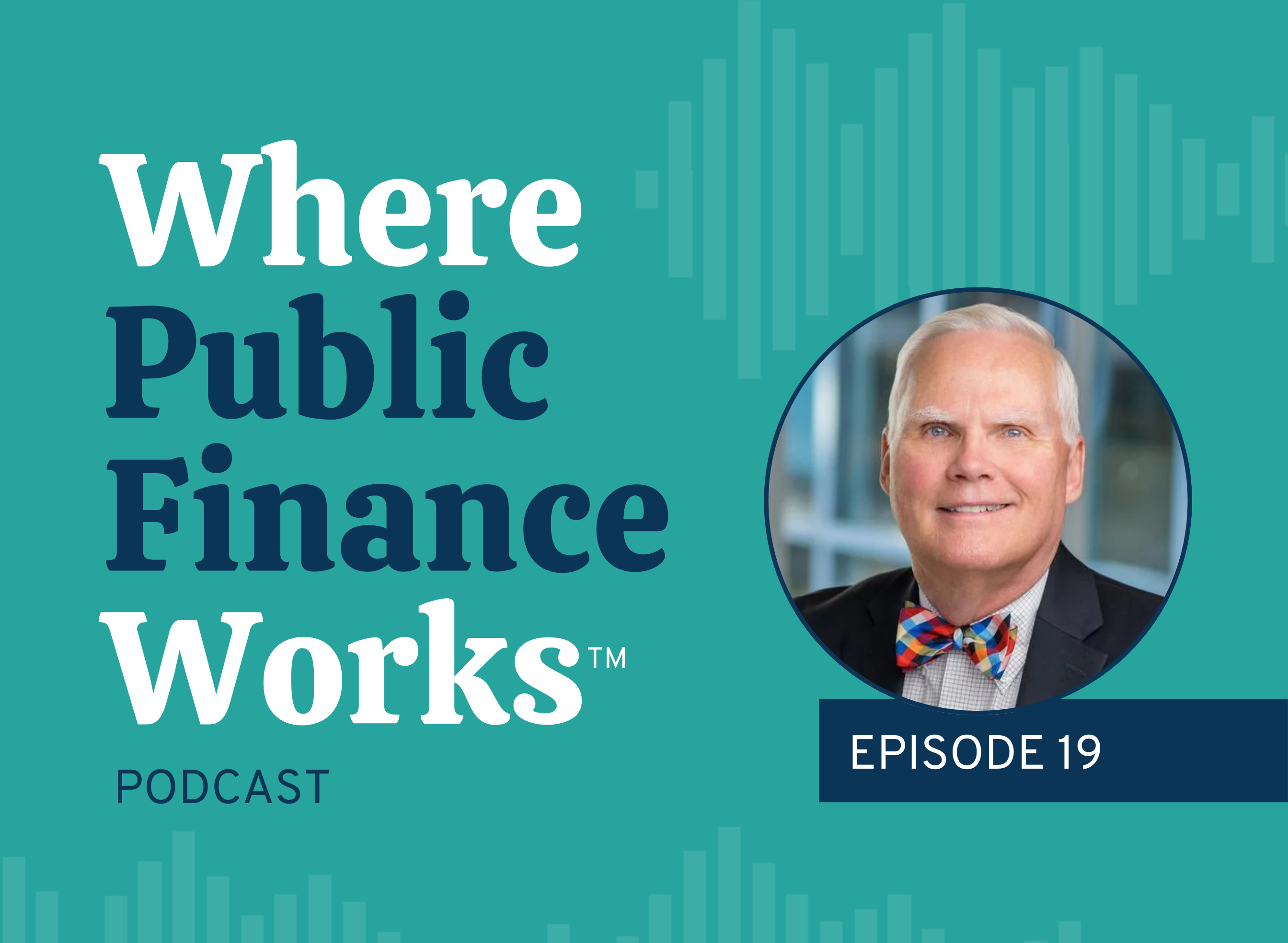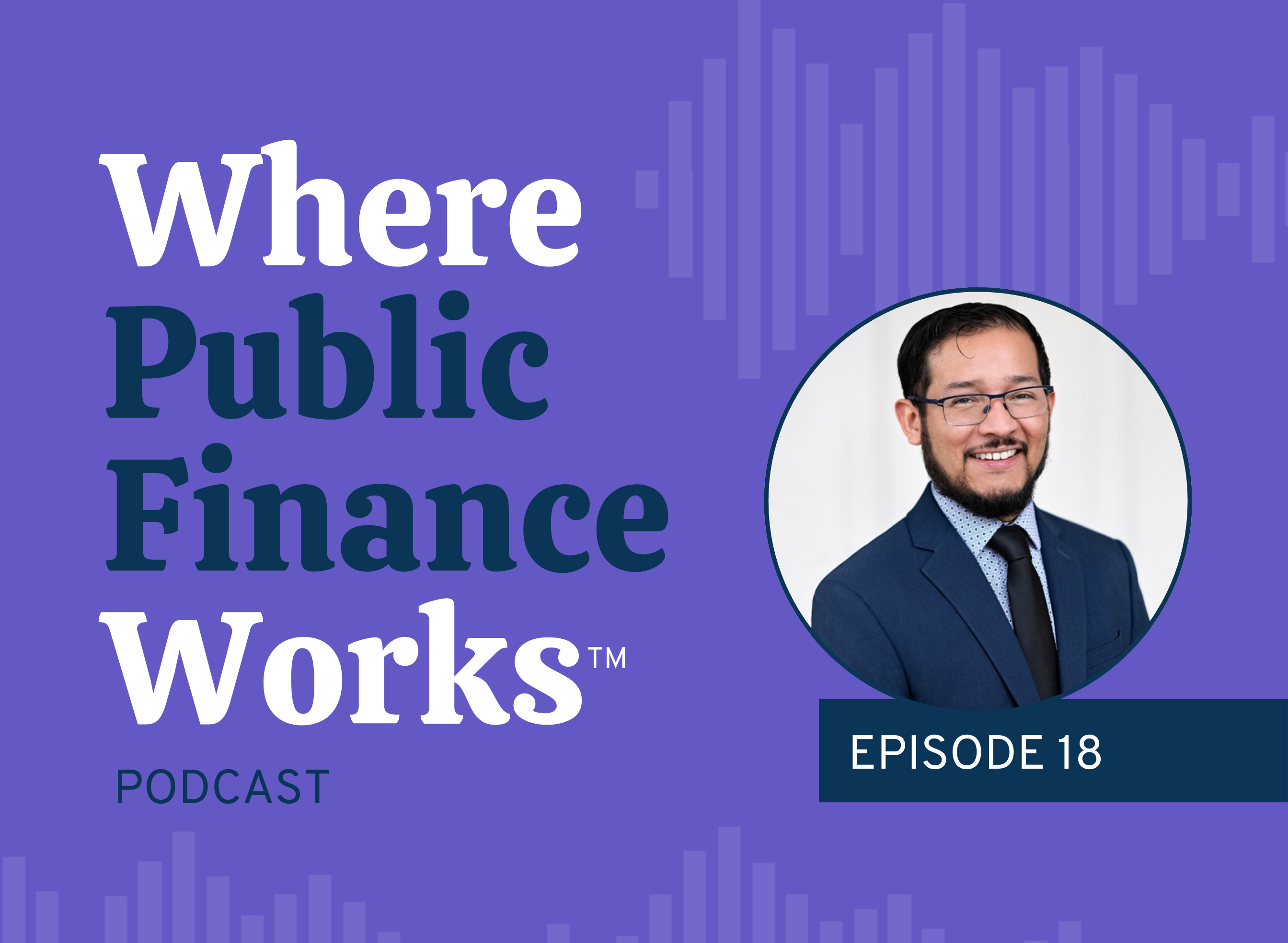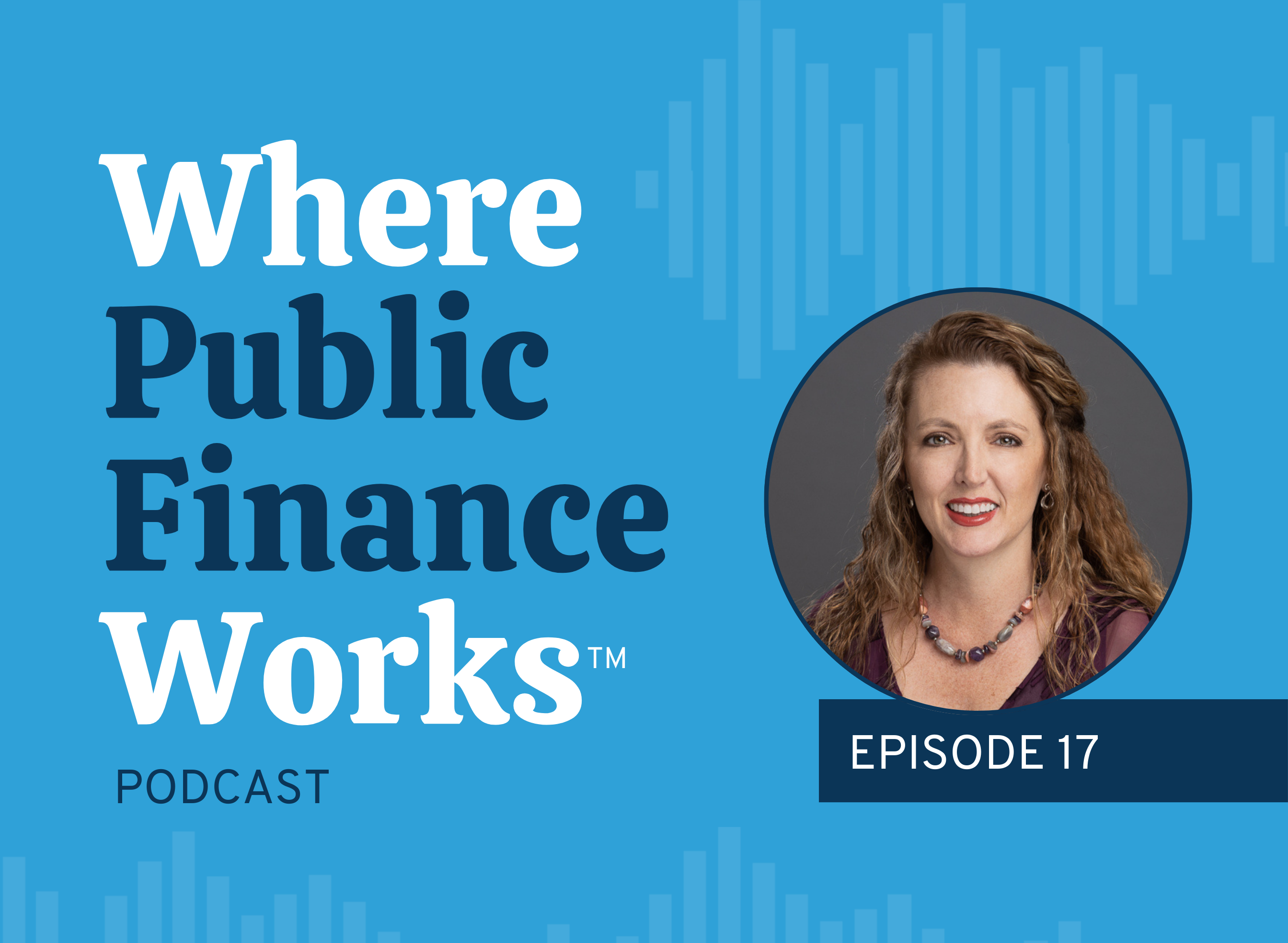Episode Summary
In this episode of Where Public Finance Works, join us for an enlightening conversation with David Boyd, the Chief Financial Officer of Mecklenburg County, North Carolina—a region experiencing rapid growth, adding 127,000 to its population since 2020.
David shares his journey from the Black Hills of South Dakota to the dynamic financial world of Mecklenburg County. From his initial steps in finance as a young auditor to rising as a leader influencing major fiscal strategies, David's career has been driven by a passion for impactful public service and a dedication to innovative financial management.
Join our host, Tyler Traudt, as he explores David's approach to leading his team through complex challenges. Learn how David's leadership philosophy focuses not just on the 'what' and 'how' of operations but significantly on the 'why,' enhancing his team's engagement and effectiveness. David’s strategic initiatives, especially in capital planning and fiscal management, emphasize transparency and proactive fiscal stewardship, which have been important in managing the county’s substantial budget and capital projects worth billions.
David also opens up about the personal side of his job, from how his son perceives his work to the deeper satisfaction that comes from knowing the tangible impact of his efforts on community infrastructure and services. Prepare to be inspired by a finance leader who’s not just keeping the books but rewriting them to better serve his community. This episode not only highlights the strategic role of financial leadership in government but also humanizes the profound impact such roles have on the quality of life in urban environments.
Featured Guest
David Boyd, Chief Financial Officer of Mecklenburg County, North Carolina, holds an impressive track record in public and private sectors. Since August 2021, David has directed the financial operations of Mecklenburg County, overseeing a comprehensive array of functions including capital and debt planning, investments, accounting, payroll, procurement, grant management, and payables. His role extends to providing strategic financial support to various county departments, enhancing their efficiency and fiscal responsibility.
David's tenure in Mecklenburg is marked by his adept management of complex budgets and his innovative approach to public fiscal administration. Prior to his current role, he made significant impacts as the Finance Director for the City of Durham, North Carolina, starting in 2010, and the City of Thornton, Colorado, where he served in multiple capacities including Tax Auditor, Controller, and Finance Director for over nearly 13 years.
A proud alumnus of South Dakota State University, David holds a Bachelor of Science degree in Economics. His commitment to continuous professional development is evident in his credentials as a Certified Public Accountant (CPA), Certified Fraud Examiner (CFE), and Chartered Global Management Accountant (CGMA).
Top Takeaways From Episode 11
(1) From Audit to Administration, a Personal Journey to Leadership: David shares his unexpected journey from his early days as an auditor and controller to becoming a key financial leader. His story highlights the shift from technical roles to strategic leadership, illustrating how his diverse background in public and private sectors prepared him for complex financial management challenges in rapidly growing regions.
(2) Emphasizing Strategic Impact Over Operational Tasks: David discusses the importance of understanding the 'why' behind financial tasks, not just the 'how.' He emphasizes the need to engage his team with the broader goals of the county's financial health, ensuring that they are not just task executors but strategic thinkers who understand their impact on the community's development.
(3) Building Trust Through Transparency and Involvement: David shares how he’s worked to build trust within his team and across the county's departments. By involving his team in the bigger picture through initiatives like bus tours of funded projects, he ensures that every team member sees the tangible outcomes of their work, fostering a deeper connection and commitment to their roles within public service.









